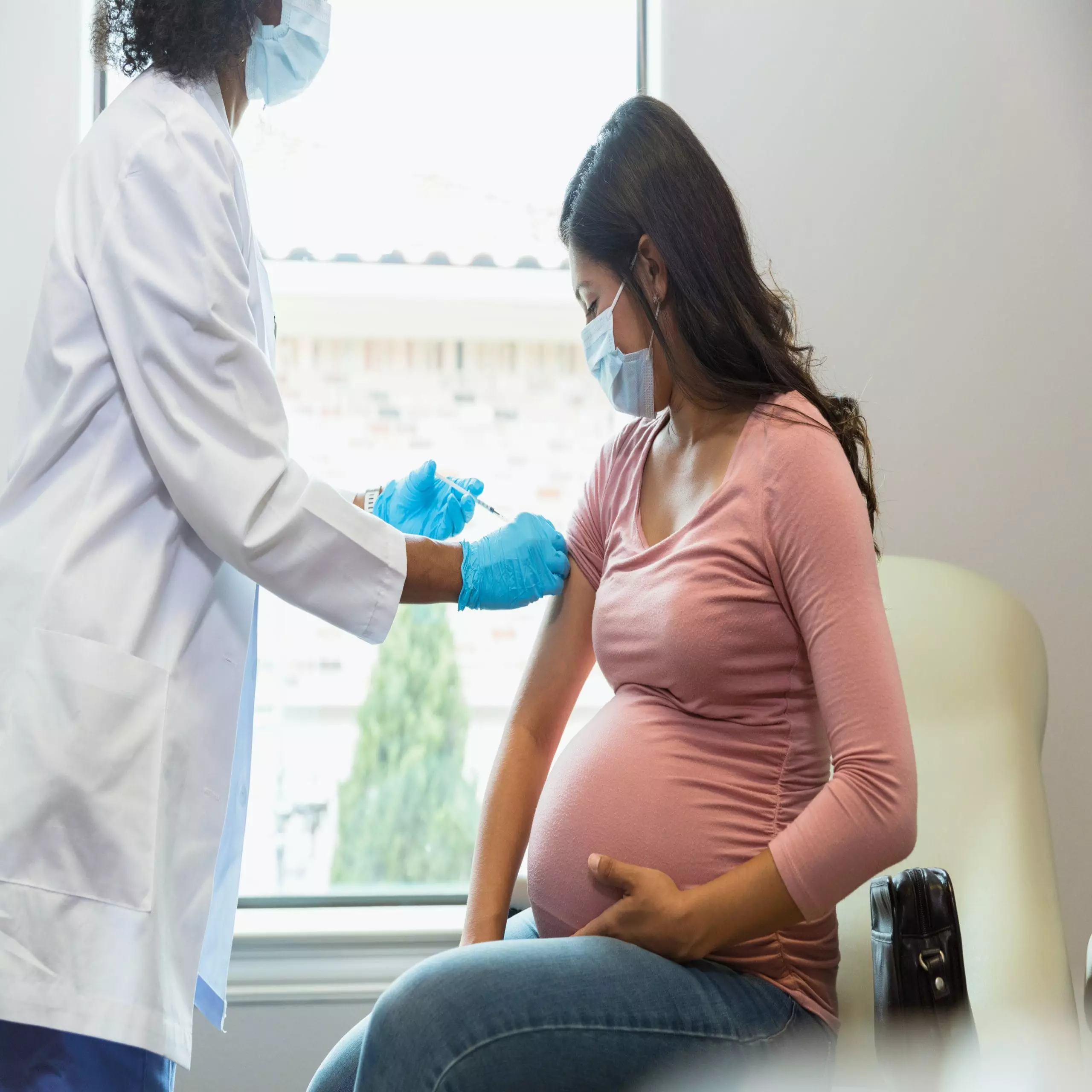As we gradually shift towards a post-pandemic world, re-establishing routine health practices has never been more vital. Particularly in the context of pregnancy, receiving a COVID-19 vaccine is one of the most essential steps a mother can take to safeguard her health and that of her infant. The Centers for Disease Control and Prevention (CDC) has affirmed that the vaccine is safe for children aged six months and older, while also emphasizing its critical nature for mothers during pregnancy.
Pregnant individuals are classified as being at high risk for severe outcomes from COVID-19 infections due to the physiological changes they undergo. Unfortunately, there is currently no vaccine available for infants under six months, which makes maternal vaccination an essential strategy for protection. Furthermore, the delay in vaccine authorization for young children has heightened the urgency for pregnant women to get vaccinated as soon as possible.
Recent research underscores the positive implications of COVID-19 vaccination during pregnancy, revealing that vaccinated mothers can transmit protective antibodies to their infants. A pivotal study published in The Journal of the American Medical Association (JAMA) analyzed data from mothers who received the mRNA vaccines during their pregnancy. The findings were compelling: infants born to vaccinated mothers exhibited significantly higher antibody levels at birth and for the first six months of life compared to those born to mothers who were unvaccinated or infected with COVID-19 during pregnancy.
In a scenario where tangible evidence of antibody presence is critical, this research suggests that maternal vaccination not only enhances the mother’s immune response but also fortifies the newborn’s defenses. The JAMA study found that 98% of infants born to vaccinated mothers had detectable IgG antibodies two months post-delivery, a stark contrast to just 8% among unvaccinated counterparts. Such data provides a strong argument for vaccination as a proactive health measure for both mothers and infants.
Timing Matters: The Optimal Window for Vaccination
The timing of vaccinations during pregnancy also plays a crucial role in determining the effectiveness of antibody transfer via the placenta. Studies indicate that vaccination during the early third trimester (between weeks 20 and 32) results in the most favorable antibody transfer rates. Ensuring that mothers complete their vaccination regimen during this window could maximize the benefits for their infants, equipping them with critical immune support in the early months of life.
Moreover, research has suggested that mothers who had previously contracted COVID-19 could still benefit significantly from vaccination. The combination of prior infection and vaccination seems to enhance antibody levels further, creating a robust immune environment for the infant, which is far more advantageous than relying on natural infection alone.
Despite the compelling evidence advocating for COVID-19 vaccination during pregnancy, statistics show that only about 67% of pregnant women in the United States have opted to get vaccinated. This indicates a gap between available healthcare guidance and actual practice. Misinformation, fear of side effects, and lack of access to healthcare resources are substantial barriers that continue to hinder vaccination rates among pregnant individuals.
Healthcare providers and maternal-fetal specialists reiterate the need for transparent and supportive healthcare environments where expectant mothers feel empowered to make informed decisions regarding their health and that of their babies. As many hesitate due to uncertainty, it becomes imperative to promote trustworthy information to dispel fears and highlight the significant benefits of vaccination.
The evidence overwhelmingly indicates that COVID-19 vaccination during pregnancy confers vital benefits to both mothers and their infants. The exchange of antibodies from vaccinated mothers provides substantial protection to newborns, particularly in a landscape where younger populations remain unvaccinated. The optimal timeframe for this protective transfer further emphasizes the strategic need to advocate for vaccinations early in pregnancy.
As we move forward in addressing the ongoing pandemic, it is crucial that expecting mothers prioritize their health by becoming fully vaccinated and possibly boosted during pregnancy. This proactive approach not only protects them from severe illness but also ensures that their newborns receive the best possible start in life—empowering the next generation against COVID-19 while fostering a culture of health and wellness.

